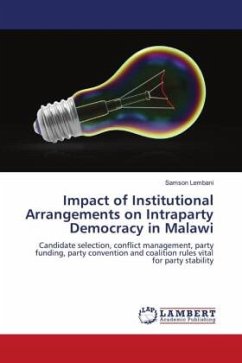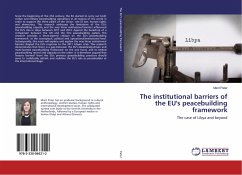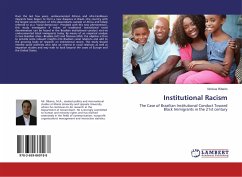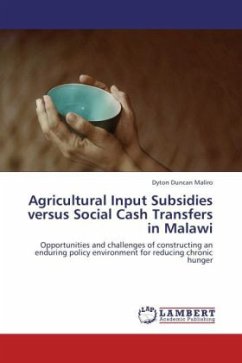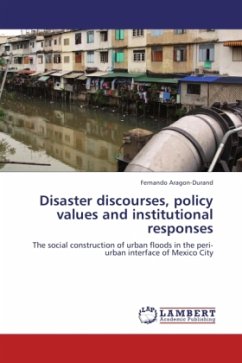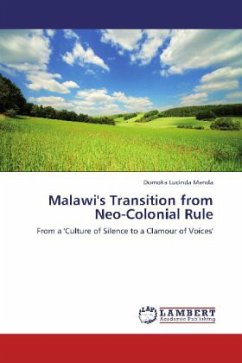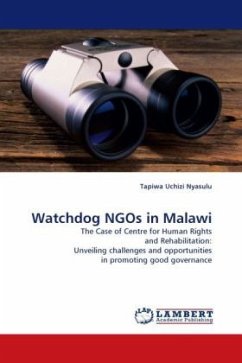This book is based on my research study for a master degree on intraparty democracy in Malawi. Within parties, procedures or rules for selecting presidential or parliamentary candidates, coalition formation, conflict management, party funding, and party conventions remain recurrent challenges facing all political parties across all regions, regime types, party and electoral systems. Where rules are vague, non-existent or not selectively enforced, political parties invariably face instability stimulated by resignations and expulsions, declining electoral support. Compounded by declining public trust and defacing high profile scandals by politicians worldwide, these factors undermine the party's contribution to democracy in and out of government. Intra-party democracy promotes party unity through reduced fragmentation and factionalism, encouraging a culture of democratic debate on critical issues within the party, and collective ownership of decisions.This is attainable if procedures are institutionalized within and enforced by the party constitution. This book is useful for scholars, politicians and those advocating for the political game to be based on agreed democratic rules.

